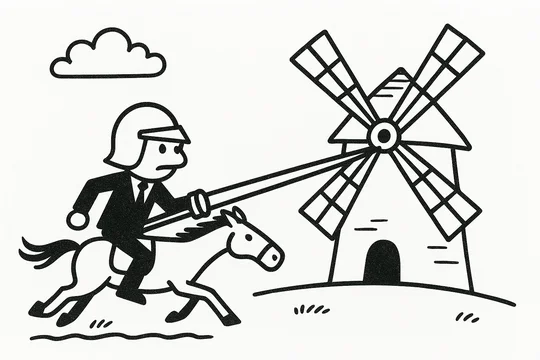My feeling (informed, but not rigorously researched until a post later this week), is that enablement is slowly overtaking 101 as the vehicle of choice to attack the overreaching patent.
Preemption is no longer the watchword it once was in 101 jurisprudence (Impact Engine actually filed a petition for cert a couple months back asking "Whether the lodestar for determining patent eligibility under this Court’s two-step framework is whether the patent claims preempt basic technological or scientific building blocks").

At the same time, enablement is on a bit of an upswing following the Supreme Court's decision in Amgen Inc. v. Sanofi, 598 U.S. 594,610 (2023) which reaffirmed the general principle that "if an inventor claims a lot, but enables only a little, the public does not receive its benefit of the bargain."
A few weeks ago, Judge Connolly gave us one of the more interesting decisions in this vein, when he granted a motion for summary judgment of no enablement in Spinal Generations, LLC v. Depuy Synthes, Inc., C.A. No. 22-1368-CFC, D.I. 220 (D. Del. Apr. 11, 2025). The patents there covered a "method and device for delivering medicine to bone." (eds. note -- pretty cool title for a patent). In particular, the relevant claims required a "delivery pathway for [a] substance between at least one end of the insert and a portion of the bone."
To break it down a bit, you've got ...








